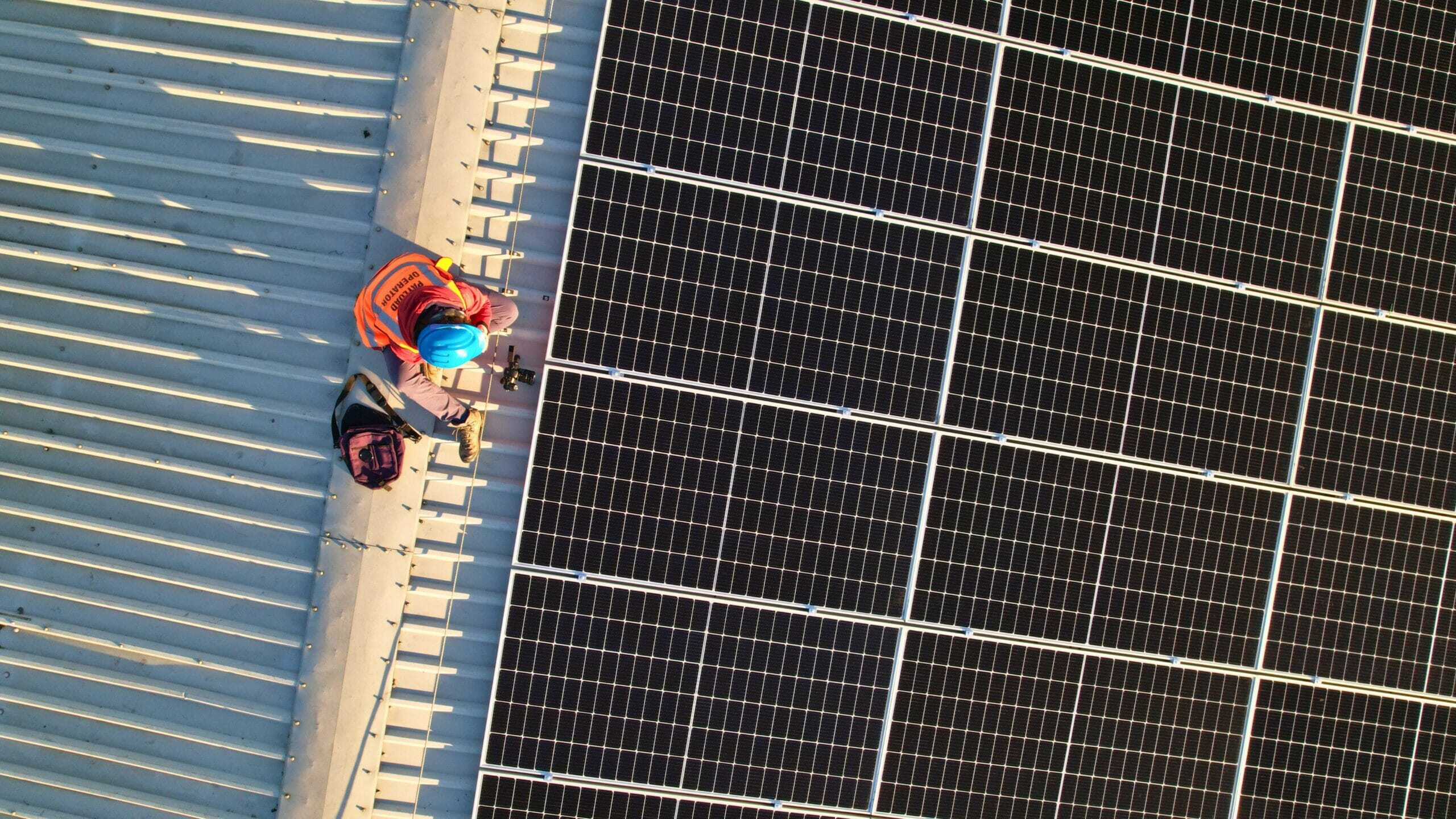With the political parties pussyfooting around net zero claims ahead of the general election, a more robust approach to accelerating the roll-out of solar is critical to driving confidence around achieving decarbonisation goals without burdening the taxpayer.
We are witnessing a ‘solar revolution’ in the UK, according to energy think tank Ember [1]. Rooftop deployment is seemingly booming, with more than 190,000 installations carried out in 2023 alone [2]. The Microgeneration Certification Scheme (MCS) suggests that 2024 will likely see the sector’s 13th year of continued incremental growth, while forecasts from SolarPower Europe predict a staggering 22% increase in annual demand. However, affirmative policy action is needed to capitalise on this momentum and realise the full impact that solar can deliver for the UK’s energy transition.
Putting renewable generation at (or near) the point of consumption is by far one of the cheapest and most efficient forms of energy available. Today, technological progress and maturing funding models are making on-site solar increasingly simple for businesses, offering the potential to significantly reduce carbon without resorting to subsidies.
Two elements are essential to achieving this. Firstly, learn from other European markets when it comes to accelerating the adoption of collective self-consumption, which could prove a game-changer when it comes to tackling local grid constraints and unlocking stranded projects. Secondly, we need to see clarity and proactivity when it comes to government support for smaller business customers, which would enable access to cleaner, greener, cheaper on-site energy.





